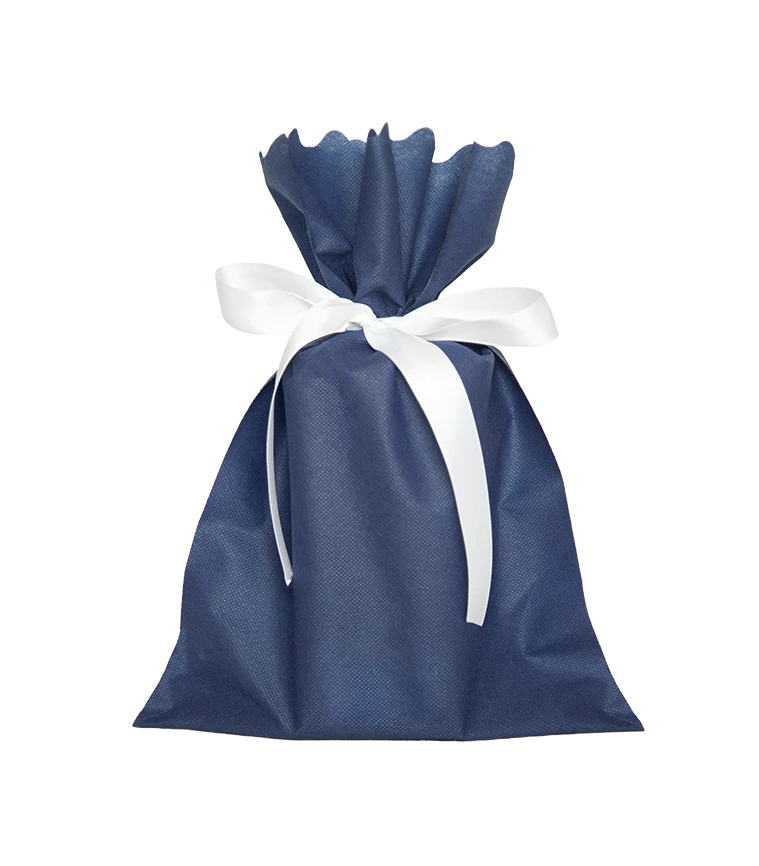
Plastidea
Bag
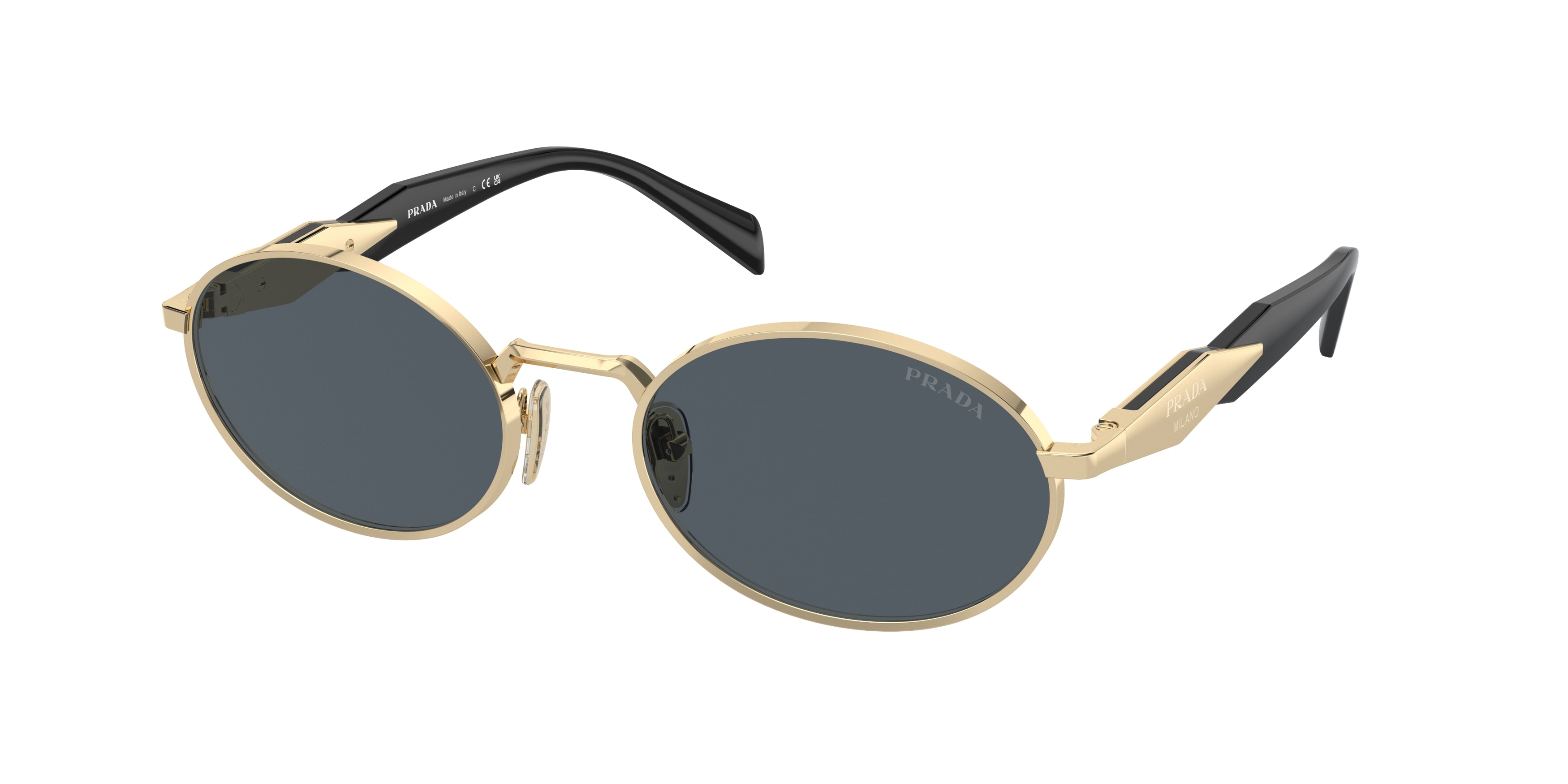
Prada
PR 65ZS ZVN09T
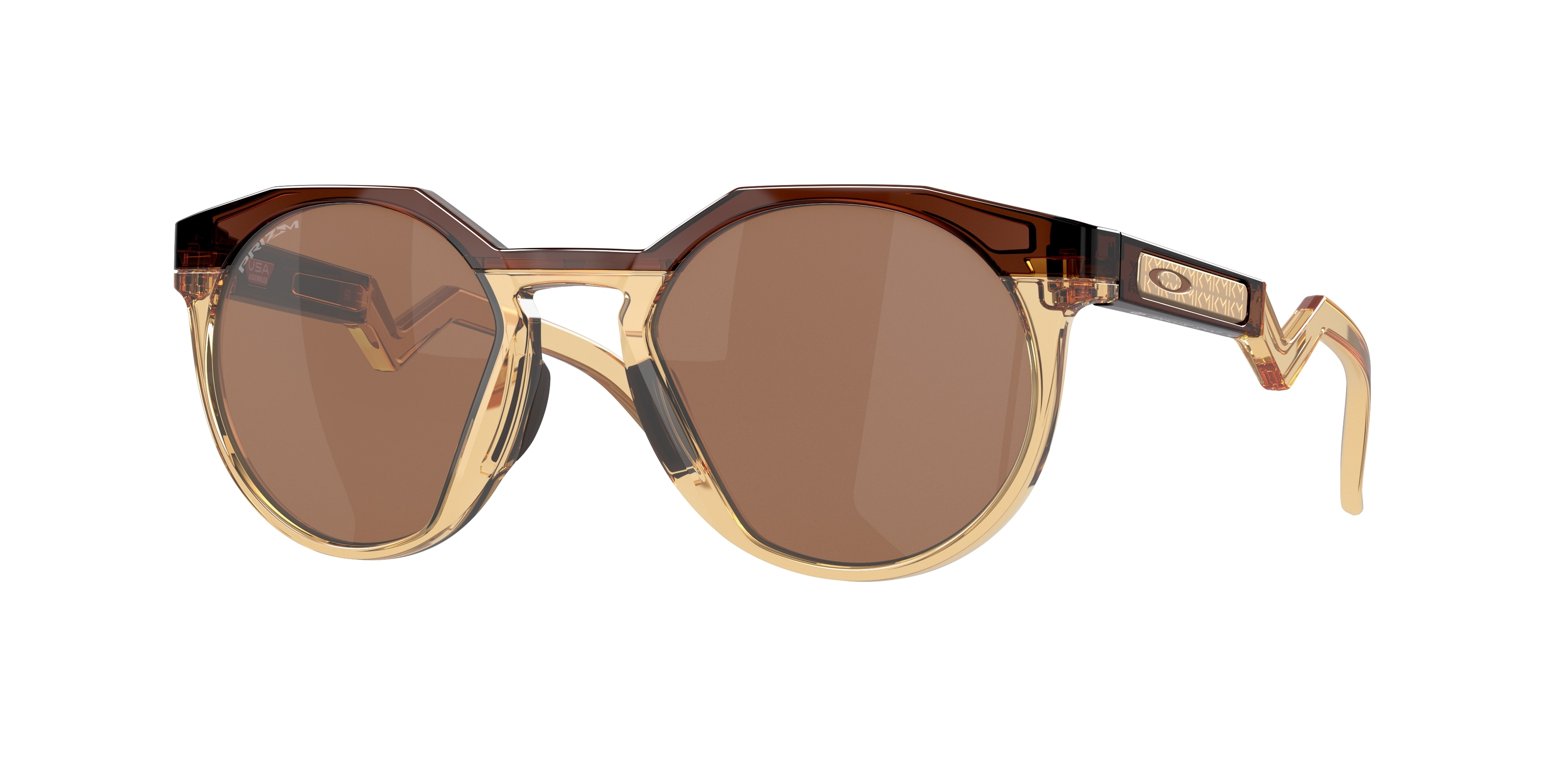
Oakley
OO9242 924207 Hstn
 Algeria
Algeria
 Angola
Angola
 Argentina
Argentina
 Australia
Australia
 Austria
Austria
 Bahrain
Bahrain
 Bangladesh
Bangladesh
 Belgium
Belgium
 Bolivia
Bolivia
 Bulgaria
Bulgaria
 Cameroon
Cameroon
 Canada
Canada
 Canary Islands
Canary Islands
 Chile
Chile
 China
China
 Colombia
Colombia
 Croatia
Croatia
 Cyprus
Cyprus
 Czech Republic
Czech Republic
 Denmark
Denmark
 Dominican Republic
Dominican Republic
 Ecuador
Ecuador
 Estonia
Estonia
 Ethiopia
Ethiopia
 Finland
Finland
 France
France
 Germany
Germany
 Ghana
Ghana
 Greece
Greece
 Guatemala
Guatemala
 Hong Kong
Hong Kong
 Hungary
Hungary
 India
India
 Indonesia
Indonesia
 Ireland
Ireland
 Israel
Israel
 Italia
Italia
 Japan
Japan
 Jordan
Jordan
 Kazakhstan
Kazakhstan
 Kenya
Kenya
 Kuwait
Kuwait
 Latvia
Latvia
 Lithuania
Lithuania
 Luxembourg
Luxembourg
 Malaysia
Malaysia
 Malta
Malta
 Mexico
Mexico
 Monaco
Monaco
 Morocco
Morocco
 Nepal
Nepal
 Netherlands
Netherlands
 New Zealand
New Zealand
 Nigeria
Nigeria
 Norway
Norway
 Oman
Oman
 Pakistan
Pakistan
 Panama
Panama
 Paraguay
Paraguay
 Peru
Peru
 Philippines
Philippines
 Poland
Poland
 Portugal
Portugal
 Qatar
Qatar
 Romania
Romania
 Saudi Arabia
Saudi Arabia
 Serbia
Serbia
 Singapore
Singapore
 Slovak Republic
Slovak Republic
 Slovenia
Slovenia
 South Africa
South Africa
 South Korea
South Korea
 Spain
Spain
 Sri Lanka
Sri Lanka
 Sweden
Sweden
 Switzerland
Switzerland
 Taiwan
Taiwan
 Tanzania
Tanzania
 Thailand
Thailand
 Turkmenistan
Turkmenistan
 United Arab Emirates
United Arab Emirates
 United Kingdom
United Kingdom
 United States
United States
 Uzbekistan
Uzbekistan
 Viet Nam
Viet Nam
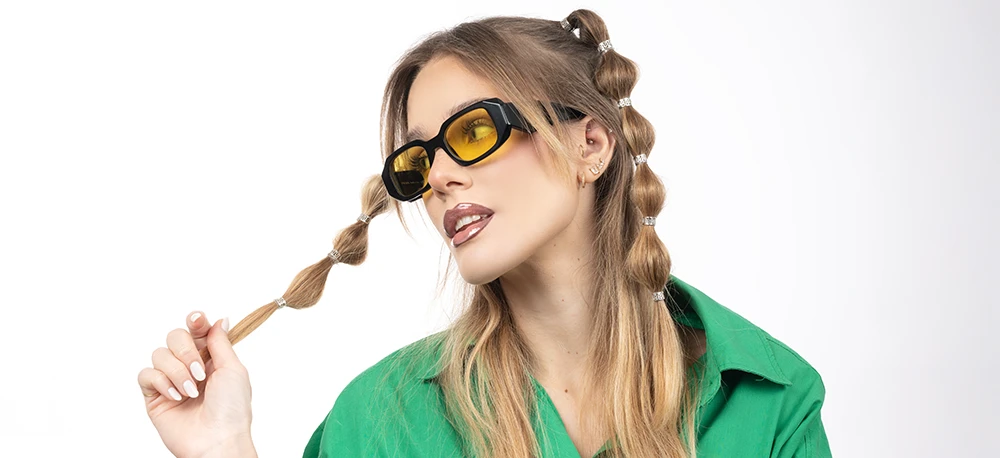
Why are yellow lens glasses gaining popularity in the UK? Once reserved for niche sports like shooting and skiing, yellow-tinted lenses have become a mainstream choice for drivers, gamers, outdoor enthusiasts and even fashion lovers. They promise sharper vision in low light, reduced glare, and a retro-cool aesthetic, but they also have limits. This guide explains the science, the benefits, the best use cases and how to choose a pair that fits your lifestyle.
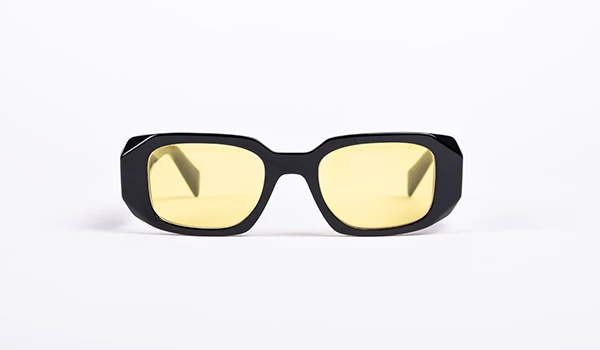
At their core, yellow lens glasses are standard optical or sunglass frames fitted with lightly tinted yellow lenses. Unlike dark tints designed for strong sunlight, these lenses target low and moderate light conditions where contrast is often lacking.
In fashion, tinted lenses including yellow are part of a wider eyewear trend that embraces colour as both protection and self-expression. If you’re into vintage aesthetics, 70s style sunglasses
remain a timeless reference that pairs perfectly with yellow tints.
If you’re curious about how other tints compare, explore our feature on tinted glasses: style, protection and everyday benefits.
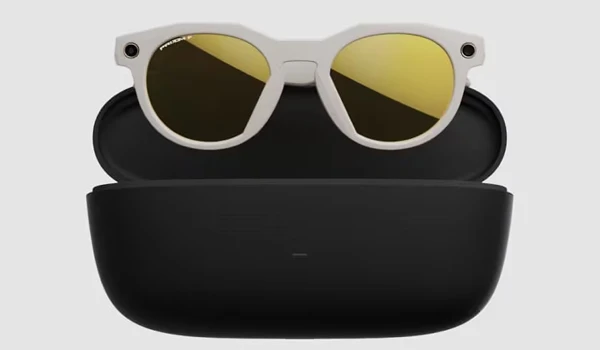

Plastidea
Bag

Prada
PR 65ZS ZVN09T

Oakley
OO9242 924207 Hstn
The effectiveness of yellow lenses lies in blue light filtration. Blue light scatters more easily in the atmosphere, which is why hazy or cloudy days often feel “washed out”. By filtering some of this spectrum, yellow tints improve edge detection and contrast sensitivity.
Benefits include:
However, they do not increase the total amount of light reaching the eye, meaning they’re not a “night-vision” solution. For detailed comparisons with other shades, check our editorial on colour sunglasses: what shades look best and how to choose them.

Yellow lenses excel in certain situations but are not universally suitable.
They can help during dusk, dawn and fog, when visibility is low but there is still some ambient light. By increasing contrast, road signs and lane markers appear sharper. However, they are not recommended for full night driving, as they cut overall light.
In skiing or snowboarding, they define terrain against white slopes. In shooting and hunting, they improve accuracy by highlighting targets. Cyclists and hikers use them for cloudy days or shaded forest paths where detail is key.
Some users wear them for extended computer sessions, but many find dedicated blue-light lenses more effective long-term.
From streetwear to retro revivals, yellow-tinted eyewear has become a statement accessory. For a bolder option, see our guide to pink sunglasses: bold style meets visual comfort.
The rise of tinted eyewear reflects a larger trend in accessories: colour as identity. Yellow lenses, once strictly functional, now appear in runway collections and urban streetwear.
Their bold and playful vibe makes them versatile for everyday outfits or statement looks. For those who love bolder frames, exploring oversized sunglasses can be the next step in creating a distinctive eyewear identity.
Customisation is also a growing movement allowing you to pick the tint, frame shape and engraving. Read more in our editorial on customising your glasses online.
Like any lens tint, yellow has both strengths and limitations.
When selecting your yellow lens glasses, consider three factors:
To keep your yellow lenses clear and vibrant:
Yellow lens glasses are not a one-size-fits-all solution, but they excel as a specialist tool and style statement. Perfect for dusk driving, cloudy hikes, winter sports or bold fashion looks, they bring clarity and character where standard sunglasses fall short.
Like any eyewear, yellow lens glasses require regular cleaning to preserve clarity and colour integrity. Beyond standard wipes, adopting eco-friendly glasses cleaning routines helps reduce environmental impact while keeping your lenses spotless.